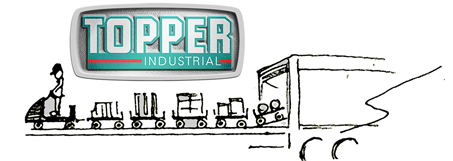Kaizen is Japanese for improvement and when used in the business sense and applied to the workplace, kaizen refers to activities that continuously improve all functions and involve all employees from the CEO to the assembly line workers. It also applies to processes, such as purchasing and logistics, that cross organizational boundaries into the supply chain. By improving standardized processes, kaizen aims to eliminate waste. Kaizen was first implemented in several Japanese businesses, after WW II, influenced in part by American business and quality management teachers who visited the country. It has since spread throughout the world.
The Sino-Japanese word “kaizen” simply means “change for better,” with no inherent meaning of either “continuous” or “philosophy” in Japanese dictionaries or in everyday use. The word refers to any improvement, one-time or continuous, large or small, in the same sense as the English word “improvement.”
Kaizen is a daily process; it goes beyond simple productivity improvement. It is also a process that humanizes the workplace, eliminates overly hard work, and teaches people how to perform experiments on their work using the scientific method and how to learn to spot and eliminate waste in business processes.
Successful implementation requires participation of workers in the improvement. People at all levels of an organization participate in kaizen, from the CEO to line laborers. Kaizen on a broad, cross-departmental scale in companies, generates total quality management, and frees human efforts through improving productivity using machines and computing power.
While kaizen may deliver small improvements, the culture of continual aligned small improvements and standardization yields large results in terms of overall improvement in productivity. In modern usage, it is designed to address a particular issue over the course of a week and is referred to as a “kaizen blitz” or “kaizen event.” A person who makes a large contribution in the successful implementation of kaizen during kaizen events is awarded the title of “Zenkai.”
As each process on the manufacturing plant floor is examined the use of fork trucks is often the focus of many North American kaizen events. To learn more attend “Why the Fork Truck Free Movement is the North American 2017 Material Handling Trend,” being hosted by Topper Industrial at Promat 2017 at McCormack Place in Chicago on Monday, April 3, 2017 at 12:45 PM – 1:30 PM in Theater D. The session will also be repeated on Wednesday, April 5, 2017 at 3:00 PM – 3:45 PM in Theater E. To register for ProMat, go to: http://www.promatshow.com/register.aspx?ref=attendees&acid=42396.
For more information about Fork Truck Free initiatives, go to: https://forktruckfree.com

